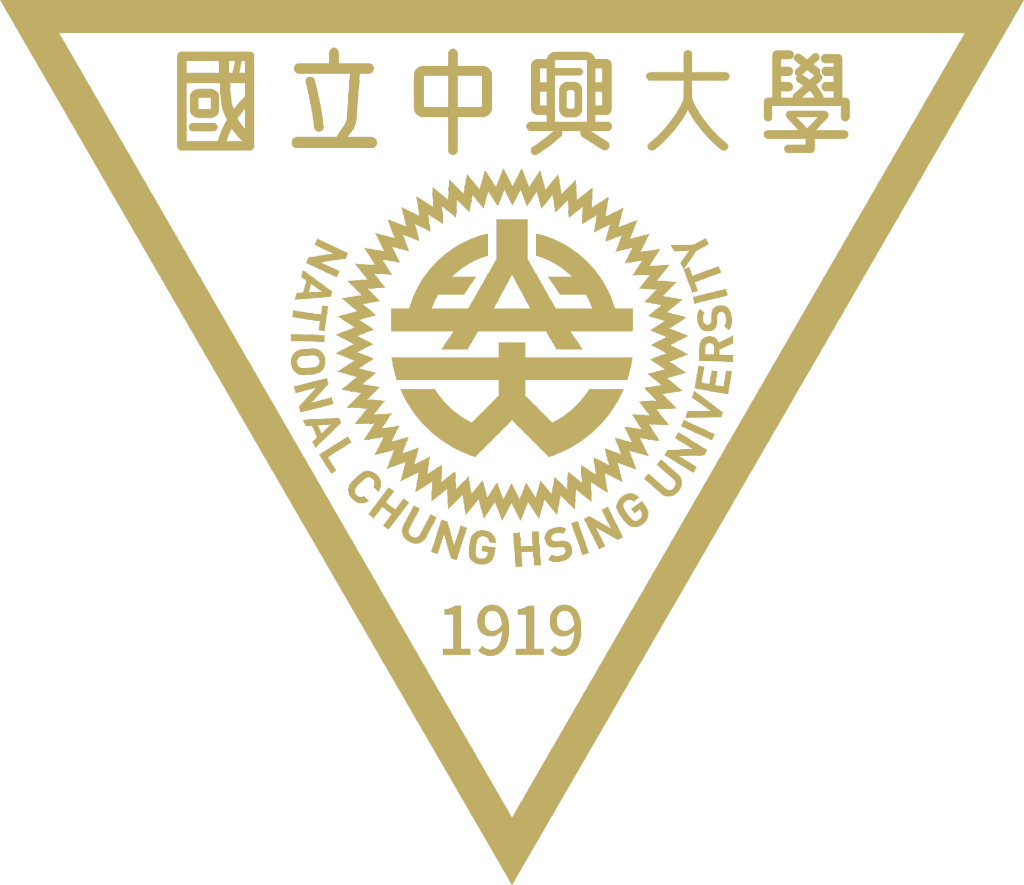Shao-Chi Lee completed his Master of Science degree in Chemistry in 2015 at National Chung Hsing University. Following that, he pursued his Ph.D. studies as a student under the guidance of Prof. Dr. Magnus Rueping at RWTH Aachen University in Germany. During his Ph.D., his research interests shifted towards the development of innovative synthetic methods employing transition-metal catalysts and photo-redox catalysis. In 2019, he successfully obtained his Ph.D. degree.
After completing his Ph.D., Shao-Chi Lee continued his academic journey by joining Prof. Hsuan-Hung Liao's research group at NSYSU as a postdoctoral fellow. However, starting in February 2024, he will take on the role of an Assistant Professor in the Chemistry Department at National Chung Hsing University.
The Lee's Lab at National Chung Hsing University, led by Dr. Shao-Chi Lee, specializes in cutting-edge research at the intersection of photoredox, electrical, and transition-metal catalysis. With a commitment to pioneering methodology development and functional group transformations, our lab is at the forefront of exploring inert bond activation and unraveling mechanisms within organic chemistry.
Our lab's work spans several key areas, including:
- Development and interpretation of innovative research methodologies.
- Transition-metal catalysis for sustainable chemical practices.
- Photoredox catalysis aiming at energy-efficient synthesis processes.
- Electrical catalysis to harness electrical energy in chemical transformations.
Dr. Lee has been a distinguished participant in international conferences and has contributed significantly to the field as evidenced by his role as the corresponding author in high-impact publications. His work has garnered recognition within the scientific community, establishing him as a leader in catalysis research.
Dr. Lee's academic journey is marked by a rich and diverse education, having earned his Ph.D. in Organic Chemistry from RWTH Aachen University in Germany and holding a Master's degree in Chemistry from National Chung Hsing University in Taiwan. Additionally, he has international exposure from his time as an exchange student at California Polytechnic State University in the USA.
2 Vacancies
Job Description
The research intern will participate in experimental design, conduct experiments, analyze data, and contribute to scientific discussions. They will also have the opportunity to learn about the latest advancements in catalysis and apply this knowledge in a practical setting. Interns may also assist in the preparation of scientific papers or presentations, gaining invaluable experience in scientific communication.
Preferred Intern Education Level
Open to university students and graduate scholars from related fields of study, who wish to deepen their understanding of applied organic chemistry.
Skill sets or Qualities
Curiosity and eagerness to learn about photoredox catalysis and inert bond activation.
Basic understanding of organic chemistry principles and laboratory techniques.
Ability to collaborate with a diverse team and contribute to ongoing research efforts.
